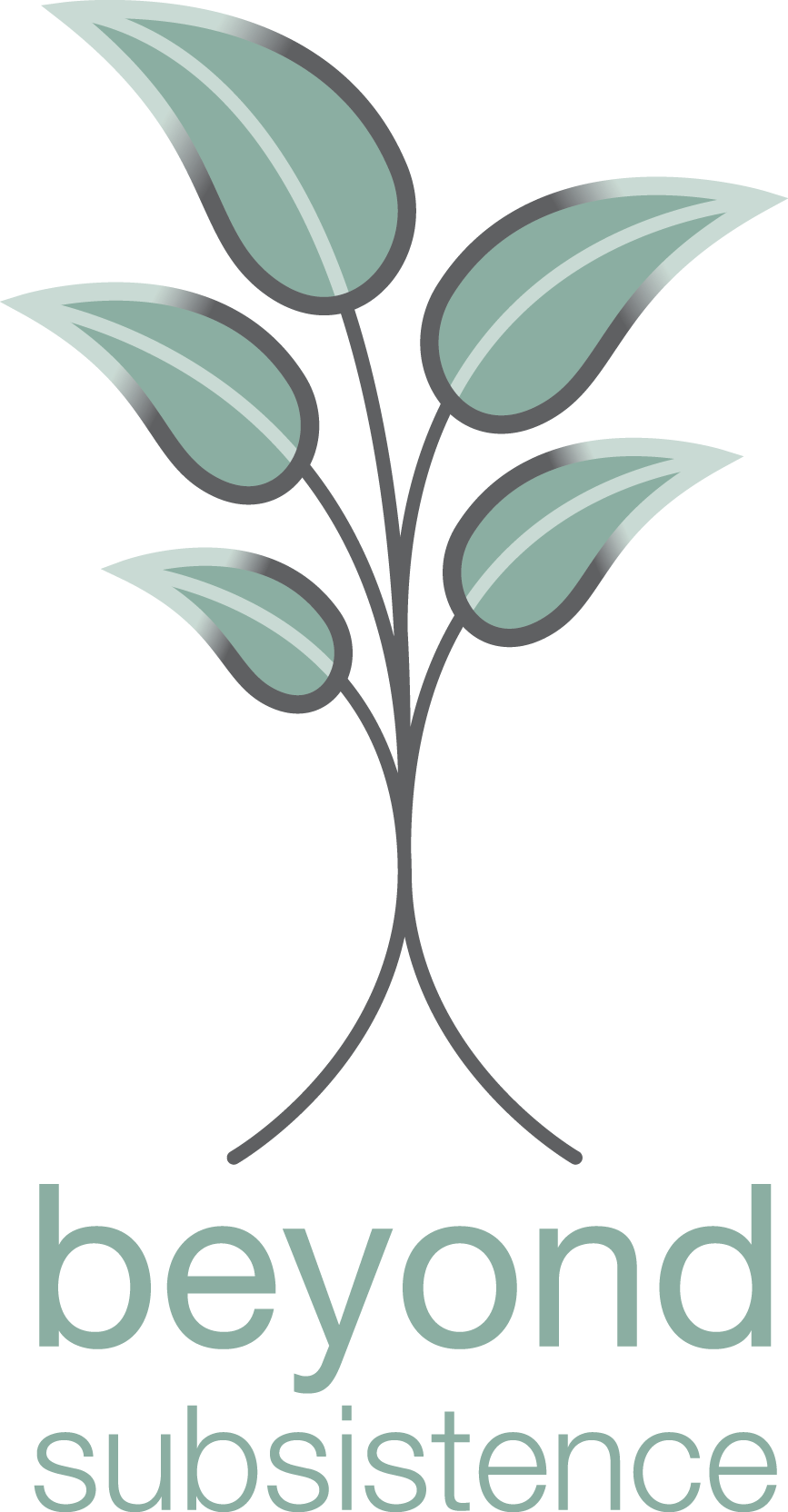Master Treegrower Program
Background
The Master TreeGrower (MTG) program provides education and extension support to landowners interested in using trees to enhance agricultural production, conserve soil, protect biodiversity, store carbon and generate profit through the sale of tree products such as timber, food, seed and fuel.
The philosophy of the MTG program is to train farmers through shared experiences and group discussion rather than attempting to educate them through expert tuition. The format is consistent in each course however the content varies depending on the environment where the course is run and the local challenges that need to be addressed. The academic level is variable depending on the participants, making it an excellent course for application in developing countries.
Developed in 1996 by Rowan Reid through the University of Melbourne, the MTG program has been delivered to more than 2000 farmers across Australia through more than 100 courses. The International Master TreeGrower program is an initiative of the Australian Agroforestry Foundation and Beyond Subsistence, which has now been taken to Uganda, Niger, Ethiopia and Indonesia."
Course Overview
The MTG program tackles issues facing farmers and explores opportunities for trees to improve their livelihoods. The course covers the science of how trees grow and introduces the concept of multi-purpose trees on farms. Participants learn about the value of trees for improving agricultural productivity whilst exploring opportunities to produce firewood, timber, fodder, food and, in some cases, even medicinal products. Participants are introduced to the local markets and the management techniques used to achieve the best outcomes. The MTG program highlights the potential for trees to improve soil and water quality across the landscape.
MTG programs typically involve leading farmers as well as researchers, extension agents and local government representatives. The MTG program assists farmers to explore opportunities for using trees to improve their livelihoods. MTG programs in Africa have the potential to save the lives of many people who face starvation on a regular basis.
Regional Challenges
Challenges in presenting the MTG program include:
Language barriers;
Education and literacy skills of the participants can vary greatly meaning repetition and creative demonstration of concepts is required to ensure participants comprehend and retain the information;
Keeping the course relevant for the specific area by adapting it for different environments and climates;;
Ensuring key people attend - in some cultures the women aren’t given opportunities to attend despite doing most of the farm work;
Finding good examples of various agroforestry initiatives in the community to use as demonstrations; and
Gaining community support and finding ways to meet some of the local challenges.
Goals & Activities
The main goal of the MTG program is to empower people to address issues such as food security, fuel & timber shortages, soil and water quality, livestock fodder, shelter, and most importantly, income generation.
The initial programs aim to train key national people who can become local agroforestry ‘champions’. Our focus is currently in Uganda, Ethiopia, Kenya, Zimbabwe, Lesotho, Niger and Indonesia. Long-term, the aim is for the agroforestry champions to run their own courses in these countries.



